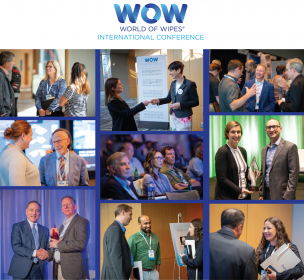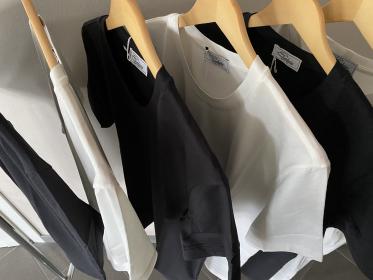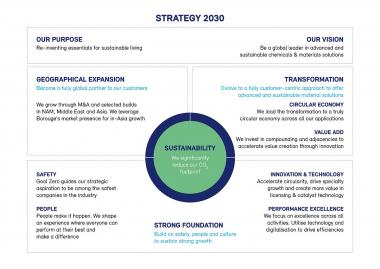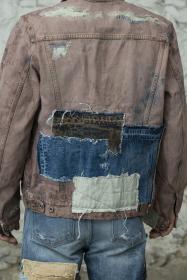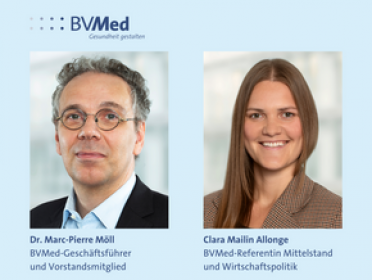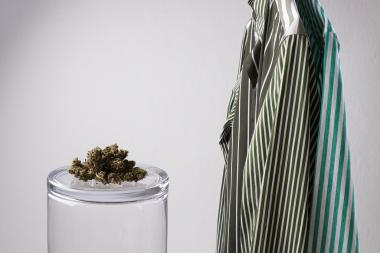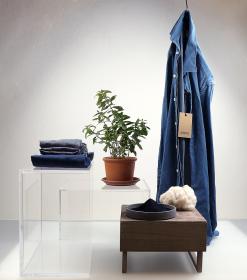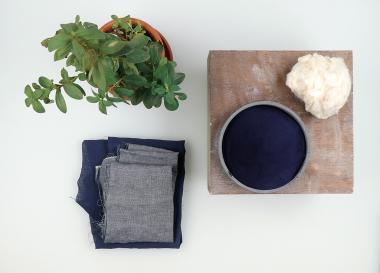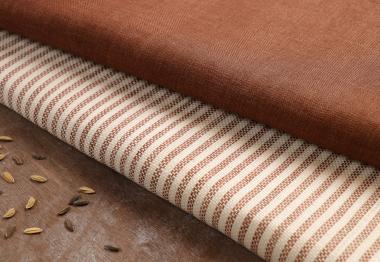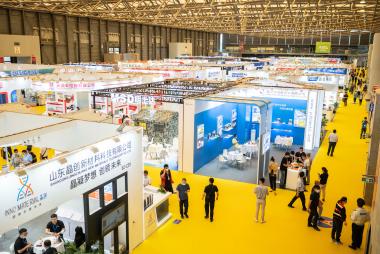Simulation statt Prototyp: Digitale Entwicklung von Produkten und Services
Digitale Technologien können natürliche Ressourcen in der Produktentwicklung und -nutzung sparen. Die aktuelle Kurzanalyse „Digitale Technologien für die Entwicklung ressourceneffizienter Produkte und Services“ des VDI Zentrums Ressourceneffizienz (VDI ZRE) zeigt, wie die Möglichkeiten der Digitalisierung für eine ressourceneffiziente Entwicklung von Produkten und Services genutzt werden können.
Digitale Technologien machen die Entwicklung von Produkten in vieler Hinsicht effizienter. Grundlagen sind ein kontinuierliches Datenmanagement und die Kommunikation von Maschinen untereinander. Zum Beispiel begleiten digitale Zwillinge Produkte im Idealfall über den kompletten Lebensweg und erfassen dabei u.a. das Nutzungsverhalten. Bei der Neu- und Weiterentwicklung von Produkten können diese Daten dann genutzt werden, um Testschleifen digital zu simulieren. Dank weniger physischer Prototypen wird Zeit und Material bis zur Herstellung des gewünschten Produkts eingespart.
Basis für die Entwicklung neuer Produkte und Dienstleistungen mit Hilfe von digitalen Technologien sind Daten. Diese entstehen durch die Vernetzung von Objekten und Menschen im Umfeld der Industrie 4.0. Informationen, z.B. aus der Nutzungsphase oder der Produktion, ermöglichen Rückschlüsse, die u.a. auch für die Neu- oder Weiterentwicklung von Produkten und Dienstleistungen nützlich sind. Gleichzeitig gilt es aber, mit der großen Komplexität der Daten und Optimierungsmöglichkeiten umzugehen.
Bei der Implementierung digitaler Technologien in der Produkt- und Serviceentwicklung ist eine schrittweise Herangehensweise für Unternehmen empfehlenswert. Zunächst müssen sämtliche in der Wertschöpfung anfallenden Daten möglichst präzise gesammelt und verwaltet werden. Erst im Zusammenspiel zwischen einer zur Datenerfassung und Weiterverarbeitung notwendigen Infrastruktur und den dadurch zur Verfügung stehenden Informationen können digitale Technologien Entwicklerteams bei der ressourceneffizienten Entwicklung von Produkten und Dienstleistungen unterstützen.
Die Kurzanalyse „Digitale Technologien für die Entwicklung ressourceneffizienter Produkte und Services“ zeigt verschiedene zur Verfügung stehende digitale Technologien und damit verbundene Methoden in der Produktentwicklung auf und bewertet diese im Sinne der Ressourceneffizienz. Praktische Beispiele zeigen außerdem, wie Unternehmen bereits heute natürliche Ressourcen dank Innovationen in der Produktentwicklung einsparen können. Erstellt wurde die kostenlose Kurzanalyse im Auftrag des Bundesumweltministeriums. Sie steht zum Download zur Verfügung.
VDI Zentrum Ressourceneffizienz GmbH





